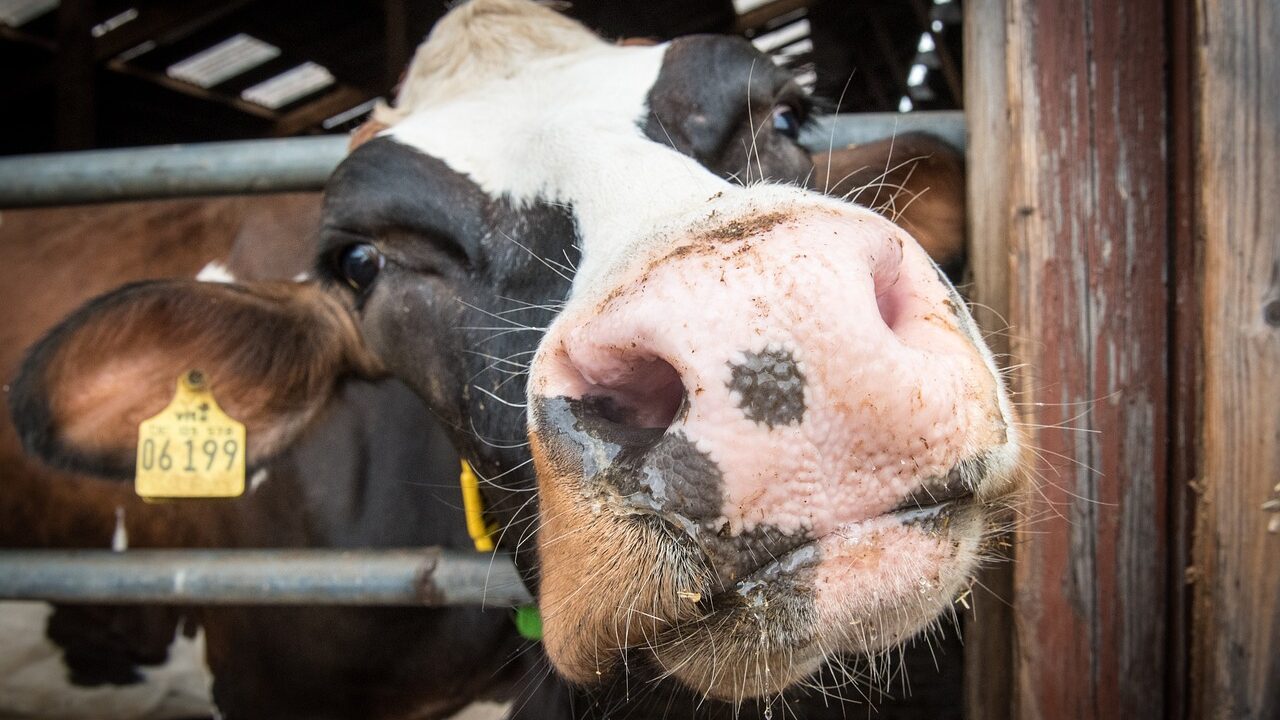It is vitally important that farmers stay vigilant in terms of bluetongue.
After the heatwave, paired with calm conditions two weeks ago, farmers are being urged to stay vigilant and watch out for any signs of the virus.
In the UK, the Department for Environment Food and Rural Affairs (Defra) has confirmed seven cases of bluetongue (BTV-3) so far, which are all within England.
AFBI
However, speaking to Agriland, Agri-Food and Biosciences Institute (AFBI) entomologist, Dr. Archie Murchie highlighted how this is just the beginning.
Dr. Murchie said: “The virus is likely circulating in the midges, so England is just at the start of an outbreak, with numbers likely to ramp up in the coming weeks.
“The disease is temperature driven so hot weather will increase the speed of transmission.
“It is vitally important that farmers remain vigilant.”
Ireland is still currently free from the disease, but the risk of introduction remains strong as the disease become increasingly present in the UK and further into Europe.
Bluetongue
The Department of Agriculture, Food and the Marine (DAFM) recently stated that the best approach to bluetongue currently is early detection and eradication.
The department reminded farmers that bluetongue is a notifiable exotic viral disease, and any farmer/vet who notices symptoms is required by law to notify DAFM.
Vaccine
Currently there are three inactivated vaccines available for bluetongue serotype-3 (BTV3) across Europe.
DAFM has said that all three of these vaccines claim to reduce the levels of virus in the blood and reduce clinical signs of disease but added that they do not claim to prevent animals from becoming infected.
This means vaccinated animals can still contract the virus, however the spread will be slower.
The Department of Agriculture, Environment and Rural Affairs of Northern Ireland (DAERA) announced on July 23 that voluntary use of of the bluetongue vaccines would be permitted, subject to licensing.
Outbreak
DAFM previously stated that an outbreak of the virus in Ireland would have serious implications for the Irish agri-industry.
Bluetongue can result in very severe on-farm impacts such as serious illness and even death, which would result in large economic impacts on the livestock sector.
The public have been reminded that there are no public health risks associated with bluetongue and it does not affect human health or food safety.

